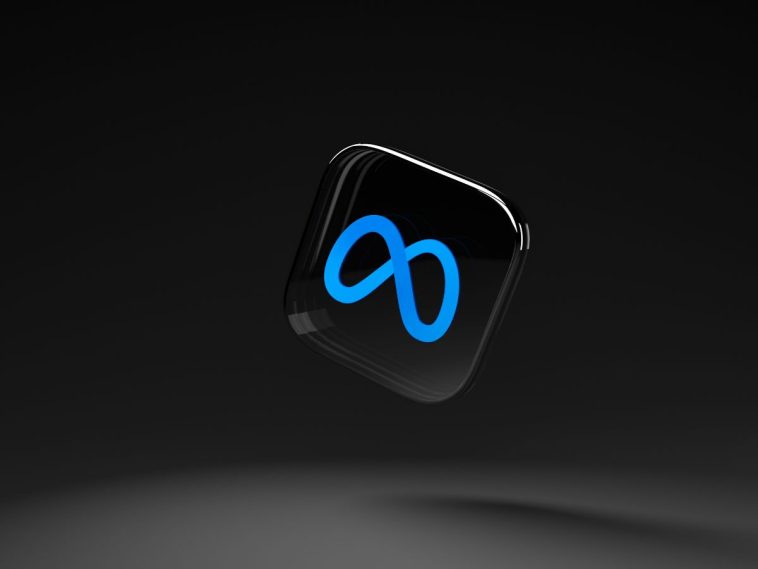Mark Zuckerberg, the co-founder and CEO of Meta (formerly Facebook), has carved a legendary path in the tech industry. From launching Facebook in a Harvard dorm room to leading one of the world’s most influential companies, his journey is full of valuable business insights. Entrepreneurs, business leaders, and aspiring professionals can learn a great deal from Zuckerberg’s approach to innovation, leadership, and business strategy.
In this blog, we will explore the core business lessons that have fueled Zuckerberg’s success and continue to shape the future of Meta.
1. Start Small, Think Big
Zuckerberg began Facebook as a simple social networking site for Harvard students. What started as a small project quickly expanded into a global platform with billions of users. One of the key lessons here is that every big company starts with a small idea. The ability to envision long-term possibilities while executing short-term goals is crucial for success.
Key Takeaway: Start with a focused niche and perfect your product before scaling. Ensure there is a demand before expanding your business.
2. Move Fast and Be Willing to Break Things
One of Zuckerberg’s most famous mottos was “Move fast and break things.” This philosophy emphasizes speed and experimentation over perfection. While Meta later adjusted this motto to focus on stability, the essence remains—quick iteration and rapid execution are essential for staying ahead in a fast-moving industry.
Key Takeaway: Embrace agility and adaptability in business. Launch products quickly, test them in the market, and make necessary adjustments based on feedback.
Also Read: Top 3 Time Management Tools for Founders: Unlocking Your Productivity Potential
3. Obsession with Innovation

Zuckerberg has consistently pushed the boundaries of technology. From developing AI and virtual reality (VR) to advancing the metaverse, his focus on innovation has kept Meta relevant. This mindset encourages businesses to embrace change and leverage cutting-edge technology to maintain a competitive edge.
Key Takeaway: Continuous innovation is crucial for long-term business sustainability. Keep exploring new trends, invest in R&D, and be open to disruptive changes.
4. Focus on the User Experience
One of the major reasons Facebook became so popular was its simple and engaging user experience. Zuckerberg prioritized user needs and ensured the platform was intuitive and easy to navigate. Businesses that prioritize customer experience tend to build stronger brand loyalty and long-term success.
Key Takeaway: Always put the customer at the center of your business strategy. A seamless and satisfying user experience will drive growth and customer retention.
5. Build Strong Teams and a Growth-Oriented Culture
Zuckerberg understands the power of a strong team. He has always surrounded himself with talented people who share his vision. Hiring skilled individuals, fostering a growth mindset, and encouraging collaboration have been integral to Meta’s success.
Key Takeaway: Hire the right people, build a strong company culture, and empower employees to innovate and contribute to business growth.
6. Embrace Criticism and Keep Evolving
Meta has faced numerous challenges, including privacy scandals, regulatory scrutiny, and competition. Despite these obstacles, Zuckerberg has continued to pivot and evolve. Instead of avoiding criticism, he uses it to improve products and strategies.
Key Takeaway: Accept constructive criticism and use it as a tool for growth. Adapt to market demands and address user concerns proactively.
7. Long-Term Vision Over Short-Term Gains

Zuckerberg has always played the long game. His investments in artificial intelligence, augmented reality, and the metaverse demonstrate his willingness to invest in the future rather than seeking immediate returns.
Key Takeaway: Businesses should focus on long-term sustainability rather than short-term profits. Invest in innovation and prepare for future industry shifts.
8. Learn from Failures and Take Calculated Risks
Not every project at Meta has been successful. Initiatives like Libra (cryptocurrency) and some AI ventures did not achieve their intended impact. However, Zuckerberg never let failures deter him. Instead, he learns from them and strategically recalibrates his approach.
Key Takeaway: Failure is a part of success. Learn from mistakes, refine your approach, and continue taking calculated risks.
9. Effective Marketing and Brand Positioning
Facebook’s success was not just due to its functionality but also its brand positioning. Zuckerberg ensured the platform remained synonymous with social connectivity. He has also used storytelling and strategic acquisitions (such as Instagram and WhatsApp) to strengthen Meta’s brand presence.
Key Takeaway: Create a strong brand identity and use strategic marketing to position your business effectively in the market.
10. Adaptability and Reinvention
The transition from Facebook to Meta is a prime example of Zuckerberg’s ability to reinvent his brand. As digital landscapes evolve, companies must be willing to pivot and embrace new business models.
Key Takeaway: Never become complacent. Be ready to rebrand, pivot, and evolve according to market trends and technological advancements.
Final Thoughts
Mark Zuckerberg’s journey as the founder of Meta provides invaluable business lessons. From innovation and adaptability to strong leadership and long-term vision, his strategies can inspire entrepreneurs and business leaders alike.
By applying these principles—starting small but thinking big, prioritizing user experience, embracing criticism, and fostering innovation—you can create a thriving business in today’s competitive world. The key to success lies in continuous learning, resilience, and the willingness to embrace change.


